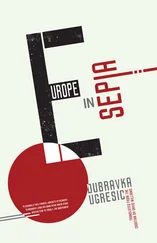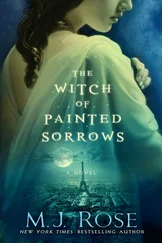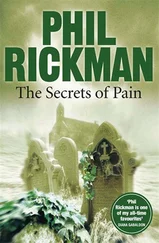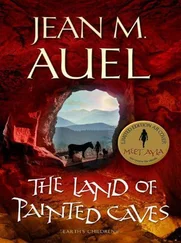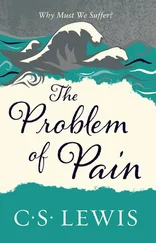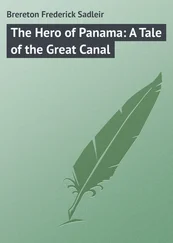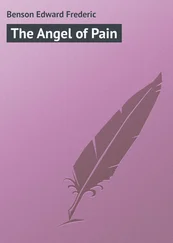Then there was Zole, who had set up house with a Dutch gay partner to qualify for a residence permit, and Darko, from Opatija, who really was gay. The Dutch authorities were particularly generous about granting asylum to those who claimed they had been discriminated against in their home countries for “sexual difference,” more generous than to the war’s rape victims. As soon as word got around, people climbed on the bandwagon in droves. The war was a fig leaf for everything. It was something like the national lottery: while many tried their luck out of genuine misfortune, others did it simply because the opportunity presented itself. And under such aberrant circumstances, winners and losers had to be judged by new criteria.
They studied servo-kroatisch because it was easy. If you didn’t have a refugee visa, you could prolong your stay legally by enrolling in a university program. Some had begun or even completed programs at home, but they meant next to nothing here. Servo-kroatisch was the fastest and easiest way to come by a Dutch diploma, not that even a Dutch diploma would get you very far. If, like Ana, you had another language as your “major,” you could pick up a few effortless credits with servo-kroatisch , but if what you were really after was student loans and scholarships, then servo-kroatisch was your ticket.
They coped. Most of them “played tennis,” playing tennis in their group slang meaning housecleaning. It paid fifteen guilders an hour. Some worked as dishwashers or waiters in restaurants. Ante picked up small change playing the accordion in the Noordermarkt. Ana sorted mail in the post office every morning. “It’s not so bad,” she would say. “I feel like the dwarf in  apek’s ‘Postman’s Tale.’”
apek’s ‘Postman’s Tale.’”
But the best-paying job you could get without a work permit was a job at “the Ministry.” One of “our people” found work at a place where they made clothes for sex shops and soon the whole gang was working there. It wasn’t strenuous: all you had to do was assemble items of sadomasochistic clothing out of leather, rubber, and plastic. Three times a week Igor, Nevena, and Selim went to Regulateurstraat in Amsterdam Nord where the Atelier Demask, purveyor to the many-faceted Dutch porno industry, was located. There was an S/M porno club in The Hague called the Ministry of Pain, and my students took to calling their porno sweatshop “the Ministry.” “Those S/M types, Comrade, they’re real snappy dressers,” Igor would joke. “They don’t think the most beautiful body is a naked body. I wouldn’t forget that if I were a Gucci or Armani.”
The kids did a good job of coping — considering where they came from. They dragged their former country behind them like a train. People said the Yugomafia was responsible for a third of the criminal activities in Amsterdam. The papers were full of its thefts, prostitute trafficking, black marketeering, murders, and vendettas.
Nor did they know what to make of the country’s current status. If they mentioned Croatia and Bosnia, it was with great caution. If they mentioned Yugoslavia, which was now the name for Serbia and Montenegro, it was with great agony. They couldn’t deal with the names the media kept throwing out. Rump Yugoslavia, for instance. (“Where’d they get that one from, for Christ’s sake,” Meliha would cry. “Is it ’cause they hacked it up like a steak?”)
Yugoslavia, the country where they’d been born, where they’d come from, no longer existed. They did their best to deal with it by steering clear of the name, shortening it to Yuga (as the Gastarbeiter , the migrant workers in Germany, had done before them) and thus “the former Yugoslavia” to “the former Yuga” or playfully transforming it into Titoland or the Titanic. As for its inhabitants, they became Yugos or, more often, simply “our people.” The possessive pronoun also came in handy when referring to the language they spoke together (none of them being Slovenian, Macedonian, or Albanian): to avoid its former, now politically incorrect name of Serbo-Croatian, they called it simply “our language.”
It is not photogenic
And it takes years.
All the cameras have gone off
To other battlefields.
Wislawa Szymborska
The first timeI entered the classroom I could tell what made them “our people” “Our people” had an invisible slap on their faces. They had that sideways, rabbitlike look, that special tension in the body, that animal instinct of sniffing the air to tell which direction danger is coming from. The “ourness” came through in a certain strained melancholy in their features, a slight cloud on their brows, a barely visible, almost internal stoop. “Our people prowl the city as if it were a jungle, terror-stricken,” Selim would say. And we were all “ours.”
We had scampered out of the country like rats deserting a sinking ship. We were everywhere. Many had scurried about within the borders of the former country, taking cover for a time, thinking the war would soon be over, as if it were a rainstorm rather than a conflagration. They would hole up with relatives, friends, or friends of friends, who did their best to help. They would go to the improvised refugee camps, abandoned tourist colonies, hotels willing to put them up temporarily, mostly hotels on the Adriatic coast, but “only in winter, when there weren’t any tourists and then they’d have to take care of themselves, then they’d go back home, the war wouldn’t last forever, no war lasts forever, war wears people down and when they’re tired enough it stops.” Some stayed on for a year or two or three — the tourists didn’t come back after all — others moved on. And they all had stories to tell.
A woman from Belgrade, “seeing where things were heading” and horrified at the hatred she perceived in her fellow Serbs, sold her house and, just before the war broke out, moved to “peaceful” Croatia. She bought a flat in Rovinj. But when the Croats started showing their fangs, she sold the flat in Rovinj and moved to Sarajevo. The very first Serbian grenades — they might have been following the lines in her palm to bring about the fate awaiting her and her family — split her Sarajevo flat down the middle. “Thank God she wasn’t at home when they hit,” said a friend of hers in her artless version of the woman’s story. “And now she’s just fine,” she writes in her latest letter. “Who’d have thought that of all the cities in the world she’d end up in Caracas!”
Refugees from Slovenia — Croats — made for Zagreb, for Istria, for the sea. Refugees from Bosnia went south, to Croatia, or east, to Serbia. The Croatian Serbs beat a quiet retreat from Croatia until they were chased out en masse. The Vojvodina Hungarians slipped noiselessly into Hungary, followed after a while by a number of Serbs as well. And soon the Kosovo Albanians were on the move….
We fled from wherever we could to wherever we could. The price paid depended on the circumstances. Some thought only about their own, some about their own and others’, and some never bothered to ask who was who. Some Bosnian Muslims went to Turkey, Iran, Iraq, even as far as Pakistan; many rued the day. Some Bosnian Jews went to Israel; many of them rued the day. People changed their names, given and sur; they bought cheap passports when they could. What had till recently meant everything to them — their faith, their nationality — was suddenly worthless currency. Survival took over. And once survival was assured, once they had landed on a safe shore, heaved a sigh and pinched themselves to make certain they were alive, many of them again hung out their flags, put up their icons and escutcheons, and lit their candles.
Читать дальше
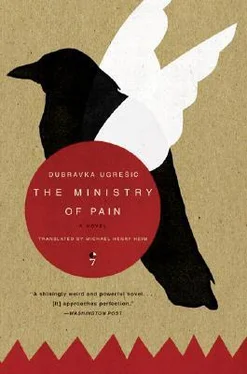
 apek’s ‘Postman’s Tale.’”
apek’s ‘Postman’s Tale.’”
